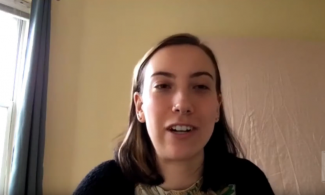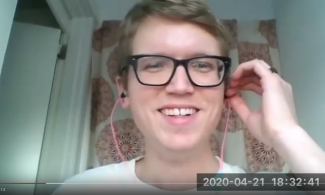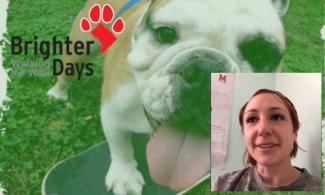Mike Miller’s background includes the early student movement at UC Berkeley, field secretary for the Student Nonviolent Coordinating Committee (1962-end of 1966), directorship of a Saul Alinsky community organizing project (1967-68), and a number of subsequent organizing projects. His articles on labor and community organizing and politics have appeared in The Ark, Berkeley Journal of Sociology, Christianity & Crisis, Class Matters, COMM.org, Communique for New Politics, CounterPunch, Dissent, Farmworker Documentation Project, Generations, Grassroots Economic Organizing, International Journal of Urban & Regional Research, Just Economics, the liberal democrat, The Movement, New Conversations, New Labor Forum,Organizing, Organize Training Center Publications, The Organizer, Poverty & Race Reports, Race, Poverty & The Environment, San Francisco Chronicle, San Francisco Examiner, Social Policy, Socialist Review, Shelterforce, Stansbury Forum, Sun Reporter and Working U.S.A.
He is author of Community Organizing: A Brief Introduction (Euclid Avenue Press/Milwaukee) and A Community Organizer’s Tale: People and Power in San Francisco (Heyday Books), co-author of The People Fight Back (Organize Training Center/San Francisco), and co-editor of the recently published People Power: The Organizing Tradition of Saul Alinsky (Vanderbilt University Press). He adapted and abbreviated for publication Rachel B. Reinhard’s PhD dissertation The Politics of Change…The Mississippi Freedom Democratic Party: A case study of the Rise and Fall of Insurgency, and is currently writing An Organizer's Life: Behind the Slogan. (Euclid Avenue Press/Milwaukee).
He lectures, mentors and leads workshops in community organizing, and has taught community organizing, urban politics or political science at major universities, including University of California, Stanford, University of Wisconsin-Milwaukee, Notre Dame (Catholic Committee on Urban Ministry), San Francisco State, Hayward State and Lone Mountain College.
He has consulted with labor, religious, broad-based community, interest and identity organizations.
He directs ORGANIZE Training Center at www.organizetrainingcenter.org. You can reach Mike at mikeotcmiller@gmail.com.





